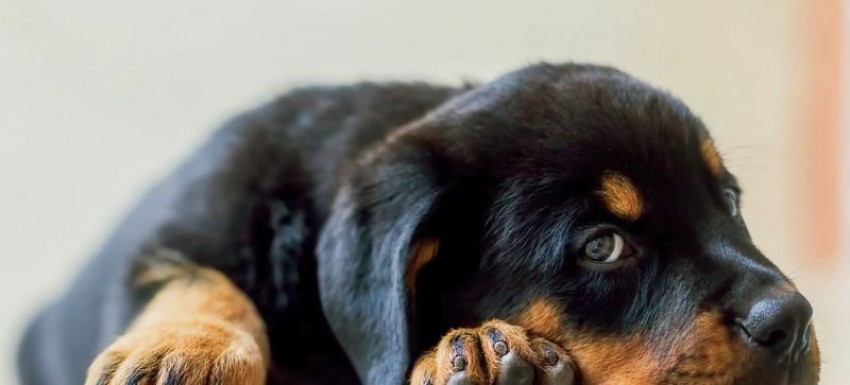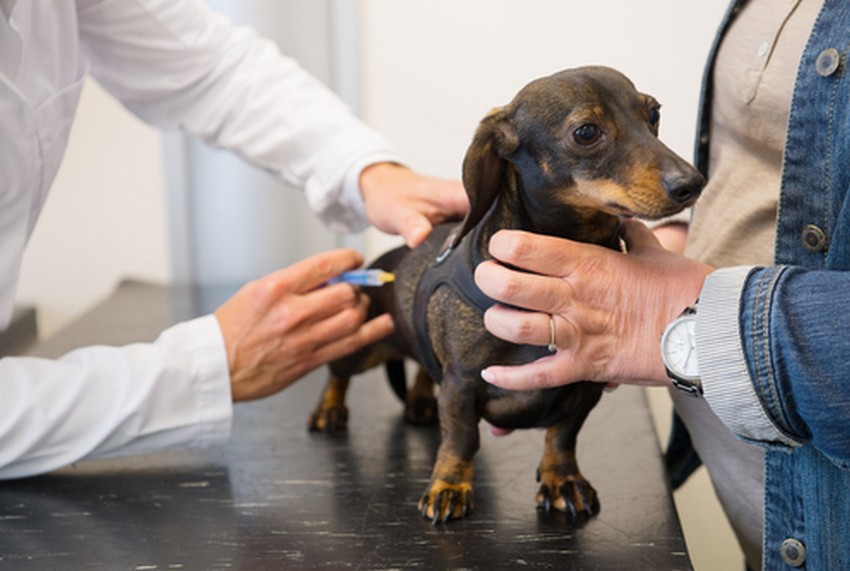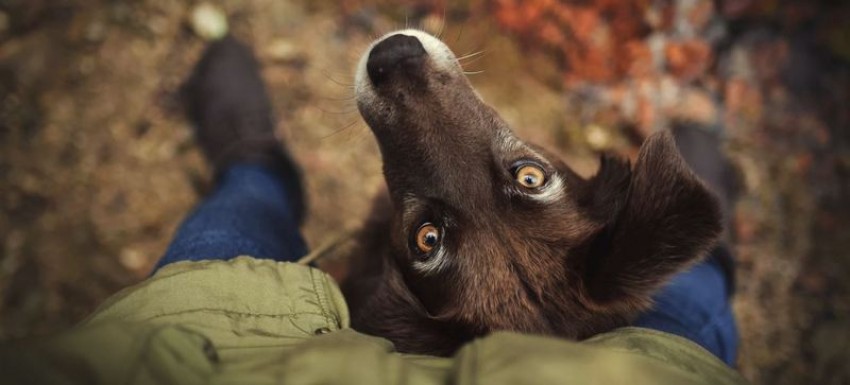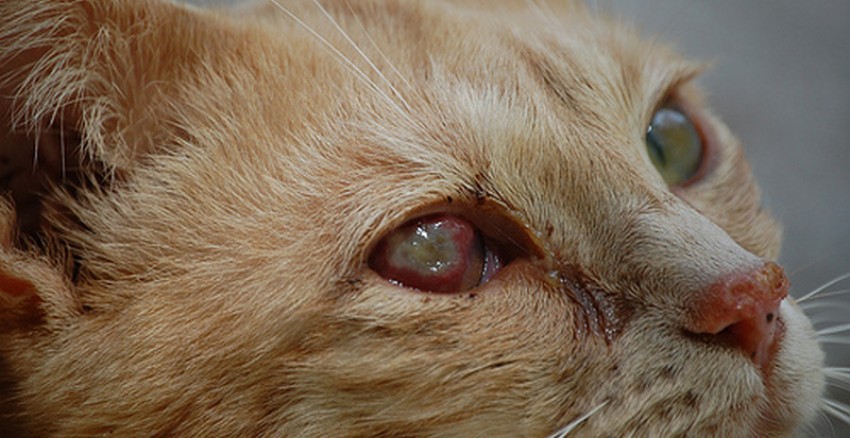Why the dog does not eat feed? The reasons and what to do in this situation
 The reasons why the dog refuses to eat a lot. It is extremely important to understand what causes this to cope with this situation.
The reasons why the dog refuses to eat a lot. It is extremely important to understand what causes this to cope with this situation.
The first thing to do is to understand how you assess the fact that the dog has become bad to eat? If you are worried that the dog eats less than the amount recommended by the feed manufacturer, then it is quite possible that everything is normal, because this recommended daily feed intake is an average value. Many dogs that eat 60 to 70% of the recommended volume are completely healthy.
Often the reason for refusing food in dogs is a sign of illness.
If your dog previously ate well, but now refuses to eat – you must contact the veterinary clinic!
Despite the fact that many dogs can go without food for 2 days without any serious health problems, we strongly recommend not to postpone treatment to a veterinary clinic.
The reasons why the dog does not eat feed
Like humans, dogs may have different reasons for not eating, which may include the following:
Disease. Decreased appetite in dogs is a frequent sign of illness, especially if the dog has other symptoms at the same time as it is not eating. Loss of appetite in dogs alone does not always indicate a serious illness, but it is necessary to show the animal to the veterinarian, as there may be a serious illness behind it, such as cancer, infectious disease, liver disease or kidney disease.
Diseases of the teeth. A dog may not eat, because something in the dog’s mouth causes pain. It is necessary to check the dog for broken or loose teeth, inflammation of the gums, swelling in the mouth or a foreign object.
Recent vaccination. Although vaccinations have saved millions of dog lives in the last 100 years, side effects are possible after vaccination. One of them is a temporary loss of appetite in dogs.
Transportation or unfriendly environment. If the dog had a good appetite before the trip, then after transportation in unfamiliar surroundings or because of unfamiliar sounds, the dog’s appetite may disappear due to stress.
Choosy behavior or behavior change. Some dogs are picky and simply do not want to eat because of some discomfort, for example, when next to another dog or bowl is at an uncomfortable height.
Since the reason why a dog refuses to eat is often a sign of illness, it cannot be assumed that the dog simply does not want to eat at the moment, and then eat when it is well hungry. First you need to eliminate all other causes of refusal to eat.
What if the dog does not eat?
To decide what to do, first the veterinarian must determine the cause.
If the cause of loss of appetite in the disease, the doctor may prescribe a veterinary diet. Sometimes these diets do not like dogs, especially if they are periodically fed delicacies or from the table. If the dog is already sick, never try to force-feed the dog. Discuss the situation with a veterinarian, he may prescribe drugs to stimulate the appetite in dogs, intravenous nutrition, or use a special tube for feeding.
If the dog refuses to eat because of problems with mood, discomfort, stress, then there are several options to solve this problem.
Feeding delicacies
Feeding dogs strictly on schedule, usually 2 times a day
Walk the dog before feeding
Change the environment in which the dog eats. If you usually feed along with other animals, try feeding the dog alone. Try to change the bowl and place it at different heights from the floor in order to understand that the dog likes it more and how it is more comfortable to eat.
Try changing the brand of feed or shape (wet / dry)
If your dog does not eat, you can contact the Constellation Veterinary Center. We work around the clock. We have all the necessary equipment to diagnose the causes of anorexia dogs. Professional veterinary therapists work.



